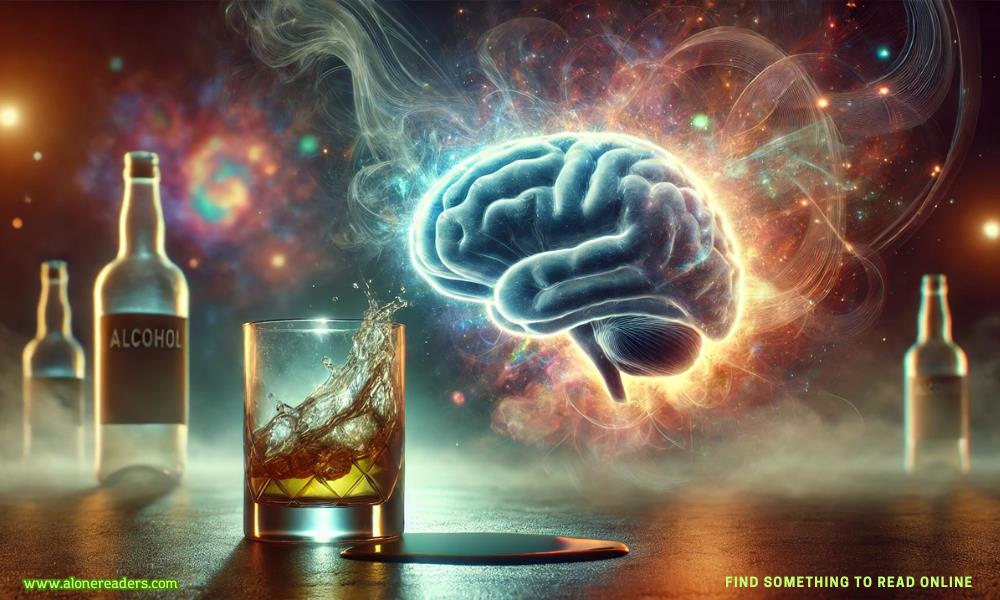
It’s a common misconception that alcohol makes you forget things, erasing memories from a night of heavy drinking. However, the reality is far more complex and rooted in neuroscience. When someone becomes blackout drunk, alcohol doesn’t destroy memories or make them disappear. Instead, it temporarily interferes with the brain’s ability to create new memories, a process that is both fascinating and concerning.
The phenomenon of blackout drunk occurs when the blood alcohol concentration (BAC) rises to a level that impairs the hippocampus, the part of the brain responsible for forming and storing new memories. During a blackout, people can engage in conversations, perform actions, and even appear coherent to others, but the brain fails to encode these experiences into long-term memory. As a result, when the intoxication subsides, there is no record of those moments in the individual's mind. It’s as if the events never happened from their perspective, though they were fully conscious at the time.
This inability to form memories stems from how alcohol affects neurotransmitters, the chemicals that facilitate communication between brain cells. Alcohol specifically disrupts glutamate, a key neurotransmitter involved in memory formation. By impairing glutamate's function, alcohol essentially blocks the brain's recording device, making it impossible to store information from the blackout period. Interestingly, this effect doesn’t impact memories formed before the blackout, nor does it erase memories created afterward, once the alcohol’s influence diminishes.
The severity and likelihood of experiencing a blackout depend on various factors, including the amount and rate of alcohol consumption, individual tolerance levels, and genetic predispositions. Drinking large quantities of alcohol in a short period, such as through binge drinking, greatly increases the risk of a blackout. Women are statistically more prone to blackouts than men due to differences in body composition and metabolism, even when consuming the same amount of alcohol.
One of the most troubling aspects of blackouts is the potential for risky behavior during this memory gap. Individuals in a blackout state may make decisions they wouldn’t normally make, ranging from impulsive actions to dangerous situations. Since they lack memory of these events, they cannot learn from the experience in the same way they would if they remembered it. This can lead to repeated harmful behavior, further emphasizing the need for caution when consuming alcohol.
It’s important to note that there are two types of blackouts: fragmentary blackouts and en bloc blackouts. Fragmentary blackouts involve partial memory loss, where individuals may remember certain parts of the night if prompted with specific details. On the other hand, en bloc blackouts result in complete memory loss for a specific period, with no possibility of recall, no matter how much someone tries to jog their memory.
Understanding the science behind blackouts can help dispel myths and encourage safer drinking habits. Many people believe that the more they drink, the more fun they will have, but the reality is that excessive drinking can rob them of the ability to remember those experiences. Without memories, the enjoyment of a night out becomes hollow, leaving only uncertainty and potential regret.
This understanding also underscores the importance of recognizing one’s limits and practicing moderation. Drinking water between alcoholic beverages, pacing oneself, and setting a limit on the number of drinks can reduce the risk of reaching a BAC level that induces blackouts. Education about the effects of alcohol on memory should also be part of broader public health initiatives to promote responsible drinking.
Moreover, blackouts serve as a warning sign of overconsumption. Repeated blackouts are often an indicator of problematic drinking habits that may require professional attention. If someone experiences blackouts frequently, it’s crucial to address the underlying issue, whether it’s alcohol dependence or a lack of awareness about responsible drinking practices. Seeking help from a healthcare provider or addiction counselor can provide valuable support and resources.
While alcohol’s effects on memory are significant, it’s worth noting that moderate alcohol consumption does not typically lead to memory issues or blackouts. The key lies in understanding the fine line between social drinking and overindulgence. Knowledge about the brain’s response to alcohol can empower individuals to make informed choices, minimizing harm while still enjoying occasional drinks.
In conclusion, alcohol doesn’t make you forget anything; instead, it temporarily prevents the brain from forming new memories. This distinction is critical for understanding the risks associated with excessive drinking and the importance of moderation. By fostering awareness about how blackouts occur and their potential consequences, society can take steps toward reducing harm and promoting healthier relationships with alcohol. Remember, the moments you cherish are the ones you remember—not the ones lost in a blackout haze.